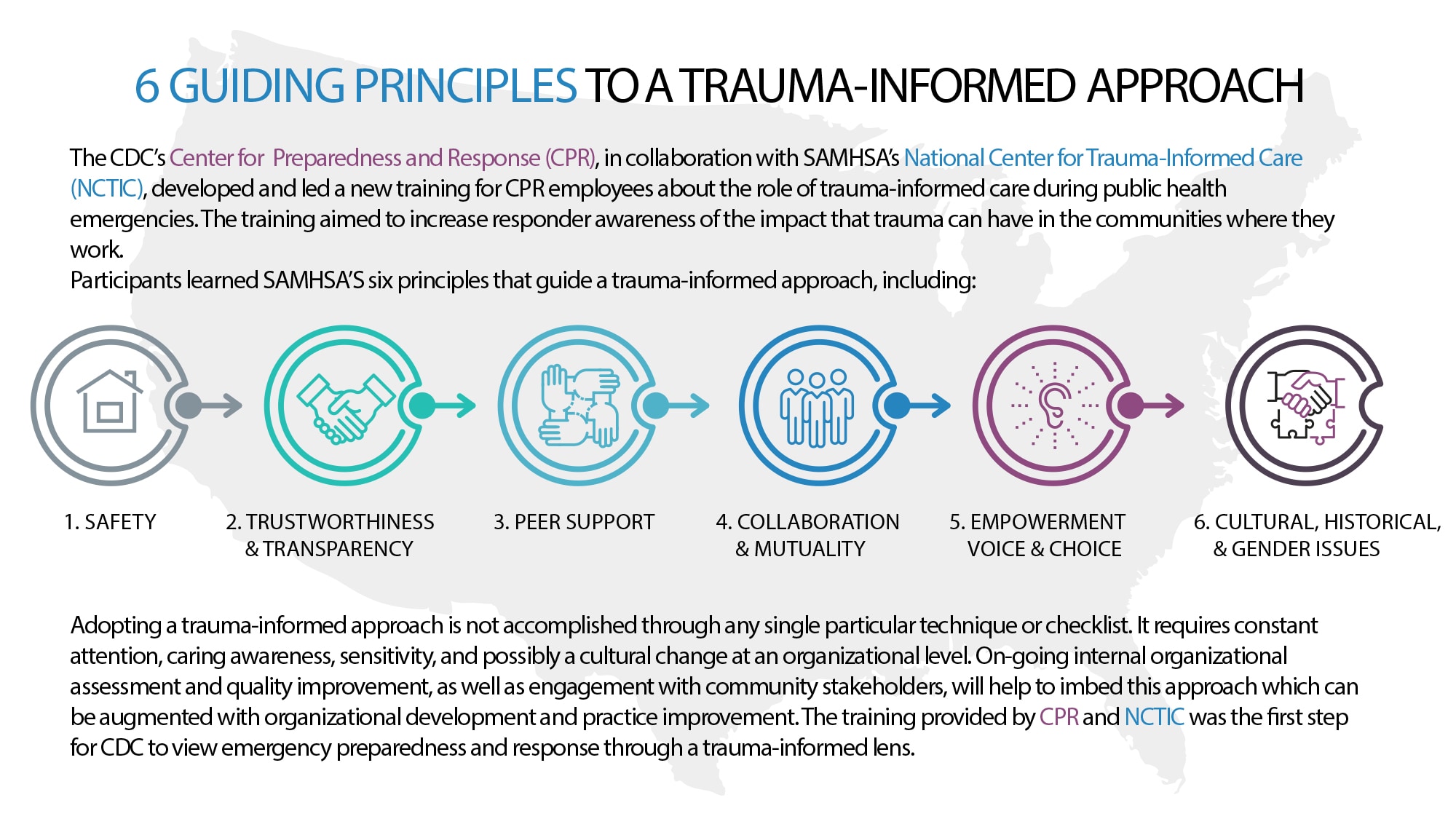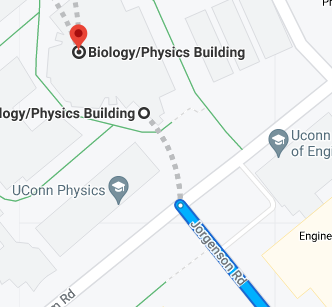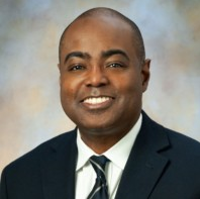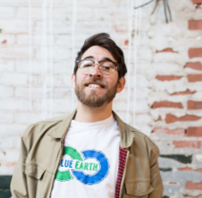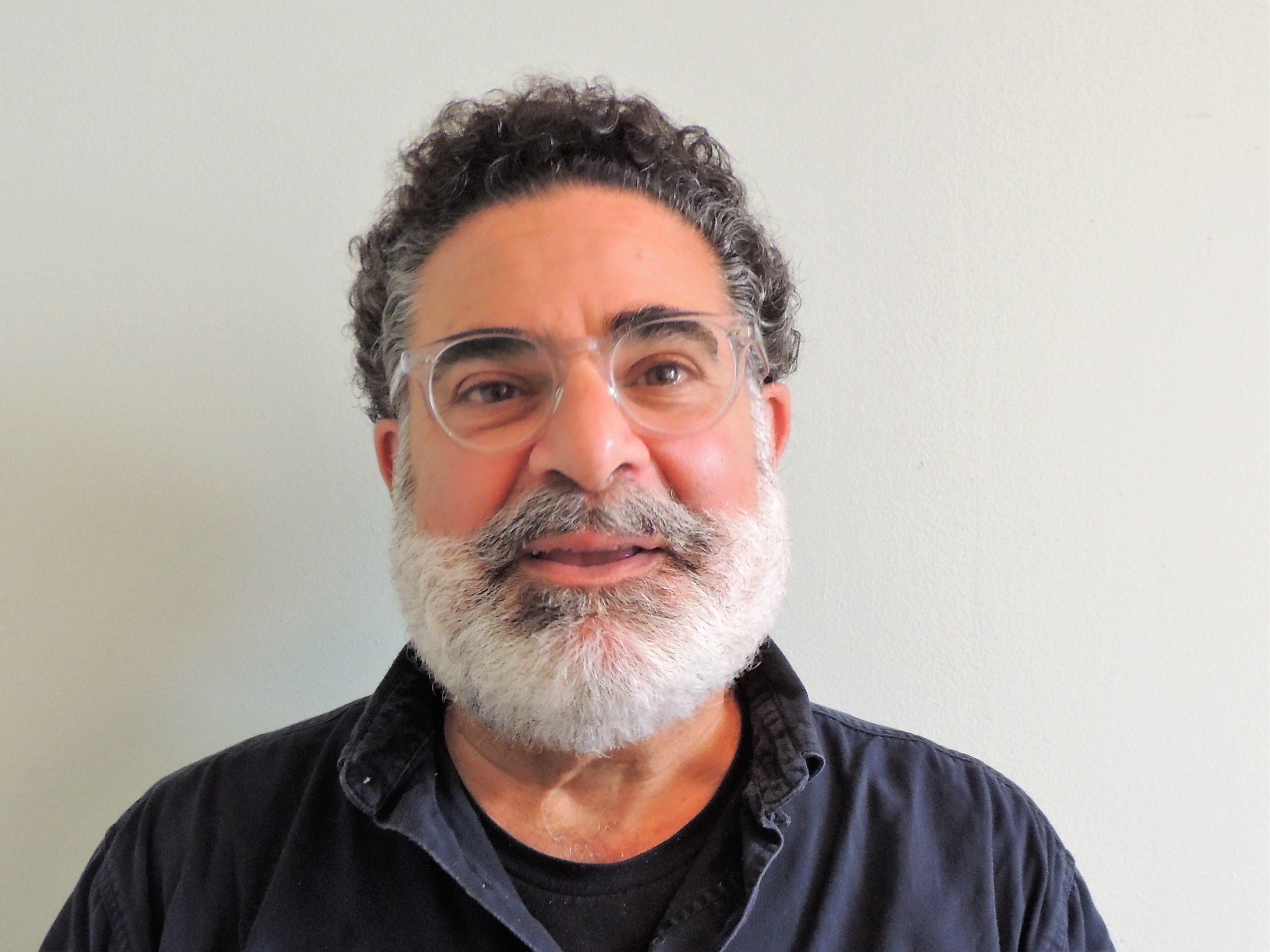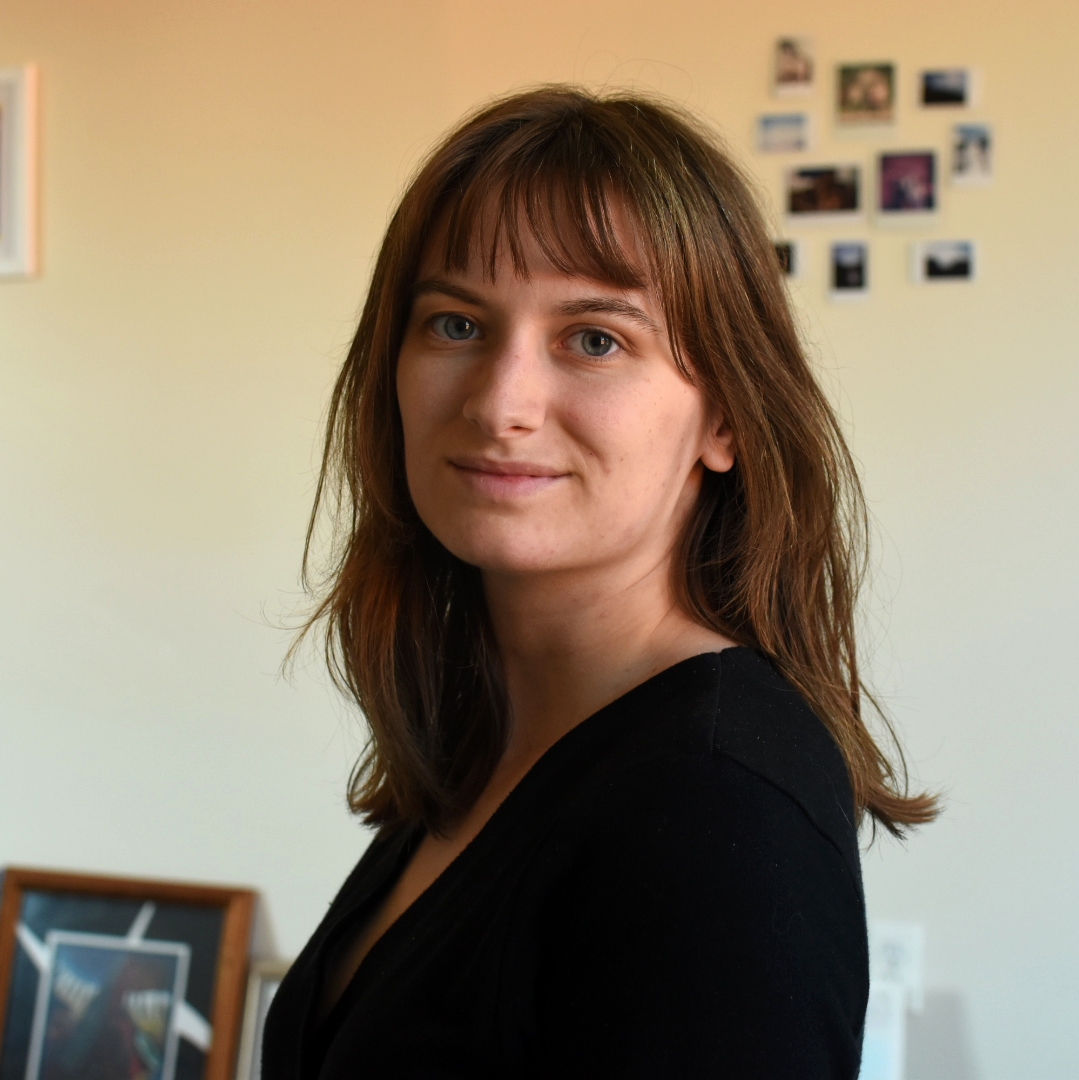What: An interdisciplinary panel of experts, designed to inform students on the ways in which their desired career path can intersect with sustainability and the environment. A green career does not have to be one solely in the environmental field! Green careers are found in business, art, science, education, government, and more. The GCP will help you as a student find a career that connects your unique talents and interests with sustainability. This is also an Honors event! (Categories: Career, Professional, & Personal Development OR Social Change, Service, & Sustainability – #UHLevent10468)
When: Thursday, March 30th, from 5:30-6:45PM
Where: BPB (Bio Physics Building), room 130
91 N. Eagleville Road, Storrs CT 06269

Who: see our list of panelists below! Students of any and all majors are encouraged to attend. Green careers are not limited to environmental majors! We want to show you all how your majors can be related to a green career.
Why: The Earth is facing an imminent crisis: climate change. We will need all hands on deck to make progress in our goals as a global community to reduce greenhouse gas emissions and save our planet. We at the OS want to show YOU, all the students here at UConn, that ‘green’ does not have to mean strictly environmental science. Our panelists include engineers, businesspeople, and more – sustainability initiatives can be incorporated into any job! There is a place for all of you in the fight for sustainability and environmental justice; you all have a role to play, big or small.
Panelists
Dr. Sean Bradshaw, Senior Technical Fellow for Propulsion at Pratt & Whitney

Dr. Bradshaw is the senior technical fellow for sustainability propulsion at Pratt & Whitney. His primary focus is on the development of advanced aircraft propulsion technologies that enable the aviation industry to reduce its environmental footprint. Dr. Bradshaw is the chairman of the Gas Turbine Association, the chairman of the American Society of Mechanical Engineers (ASME) Gas Turbine Technology Group, an associate editor of the Journal of Engineering for Gas Turbines and Power, a member of the ASME Heat Transfer Committee, and an adjunct professor of mechanical engineering at Columbia University. Dr. Bradshaw is also a recipient of the BEYA Professional Achievement in Industry Award, and received his B.S., M.S., and Ph.D. degrees in aerospace engineering from MIT.
Samuel King, Co-owner of Blue Earth Compost, Inc. 
Samuel King is an experienced sustainability entrepreneur and advocate in the fields of waste, energy, and climate change. He is a co-owner of Blue Earth Compost in Hartford, CT, where he works in various roles relating to the growth and management of the business. As an advocate, Mr. King has been involved as a community organizer in fighting fossil fuel projects locally and nationally. Mr. King’s work now centers around finding solutions for a transition to a sustainable waste infrastructure in CT. Sam is a 2014 graduate of UMass Amherst with a BA. Sc. in Sustainable Community Development.
Aziz Dehkan, Executive Director and Lead Organizer of CT Roundtable on Climate and Jobs
Aziz Dehkan was born and raised in New York City. With a degree in Biological Sciences from Rutgers University, Aziz built an award-winning passive-solar house and started one of the first organic farms in New Jersey.
In management and development roles, Aziz has worked for social and environmental justice organizations including The Coalition for the Homeless, STRIVE, The Fortune Society, and Mother Jones. As a community organizer and Executive Director of the NYC Community Garden Coalition, in response to structural racism, he has led the fight for land tenure and food security. Aziz served on the steering committee for the People’s Climate Movement rallies in NYC, Washington DC and #Sandy5.
Aziz is the current Executive Director and Lead Organizer of the CT Roundtable on Climate and Jobs, which builds alliances among diverse constituencies to combat climate change, create jobs and promote racial, economic and environmental justice. In 2021The Roundtable passed historically significant legislation that attaches strong Labor standards on larger renewable energy projects in CT. The Roundtable’s most recent legislative action is The Carbon Free Healthy School Initiative, a Statewide Bill that seeks to rehab, renovate, and rebuild schools throughout CT.
He is now living in Clinton, CT with his wife, Barbara Moss, and their 13-yr-old dog, Tinkerbell. A dyed-in-the-wool pacifist, Aziz enjoys boxing as a challenging workout form, fully recognizing the irony of this choice. An enthusiastic cook, he loves American roots music, live theater, and the Yankees; dreams of a free Iran, and is grateful for the ocean’s positive ions.
Aziz is tirelessly searching for progressive solutions that support justice, equality, and liberation and disrupting the status quo.
Emma MacDonald, Environmental Analyst for CT Department of Energy and Environmental Protection
 Emma MacDonald is a passionate environmentalist and educator. They grew up in Northwest CT, where they garnered a love and respect for nature. Emma attended UConn for their BS in Natural Resources (their focus was Sustainable Forest Resources and their minor was in Ornamental Horticulture). During their time at UConn, they were an intern at the University’s Office of Sustainability and the President of EcoHusky. She graduated in May 2021 and went on to become a nature educator at Flanders Nature Center & Land Trust for the 2021 Summer Camp session. She then became a Seasonal Resource Assistant for the CT Department of Energy and Environmental Protection’s (DEEP’s) New England Cottontail Program. At this position they trapped rabbits for a breeding program and collected data for a joint DEEP-UConn research project. They also assisted with the Waterfowl and White-Tailed Deer programs before the temporary position ended, at which point they began their current job as an Environmental Analyst in DEEP’s Sustainable Materials Management Group (SMM). In SMM, Emma works on various projects such as interactive GIS mapping projects intended to make sustainable practices more accessible as well as website editing, supporting the CT Coalition for Sustainable Materials Management, and community outreach and engagement through recycling presentations and social media. Emma hopes to continue to prioritize accessibility and connection to people and nature in their work as they move forward in their career.
Emma MacDonald is a passionate environmentalist and educator. They grew up in Northwest CT, where they garnered a love and respect for nature. Emma attended UConn for their BS in Natural Resources (their focus was Sustainable Forest Resources and their minor was in Ornamental Horticulture). During their time at UConn, they were an intern at the University’s Office of Sustainability and the President of EcoHusky. She graduated in May 2021 and went on to become a nature educator at Flanders Nature Center & Land Trust for the 2021 Summer Camp session. She then became a Seasonal Resource Assistant for the CT Department of Energy and Environmental Protection’s (DEEP’s) New England Cottontail Program. At this position they trapped rabbits for a breeding program and collected data for a joint DEEP-UConn research project. They also assisted with the Waterfowl and White-Tailed Deer programs before the temporary position ended, at which point they began their current job as an Environmental Analyst in DEEP’s Sustainable Materials Management Group (SMM). In SMM, Emma works on various projects such as interactive GIS mapping projects intended to make sustainable practices more accessible as well as website editing, supporting the CT Coalition for Sustainable Materials Management, and community outreach and engagement through recycling presentations and social media. Emma hopes to continue to prioritize accessibility and connection to people and nature in their work as they move forward in their career.
